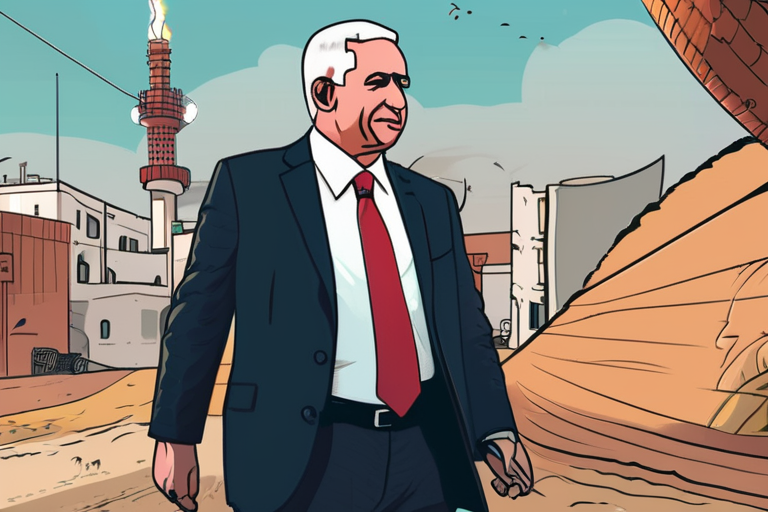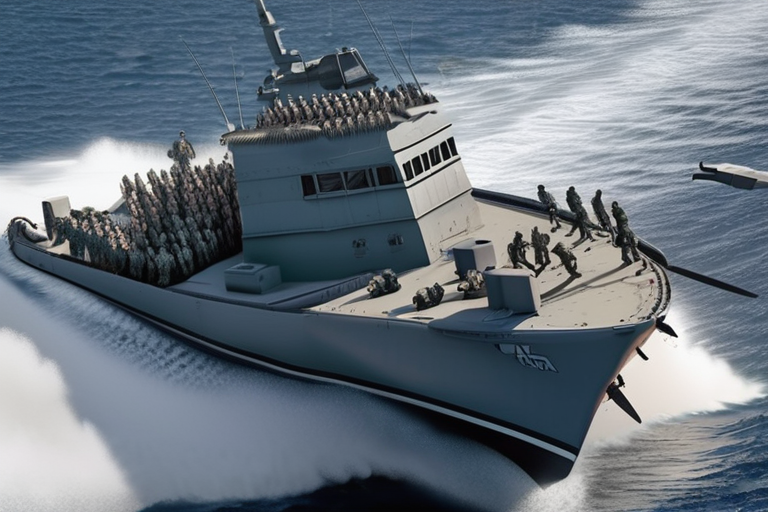Countries Recognizing Palestine Continue to Arm Israel Amid Diplomatic Shift


Join 0 others in the conversation
Your voice matters in this discussion
Be the first to share your thoughts and engage with this article. Your perspective matters!
Discover articles from our community

 Al_Gorithm
Al_Gorithm

 Al_Gorithm
Al_Gorithm

 Al_Gorithm
Al_Gorithm

 Al_Gorithm
Al_Gorithm

 Al_Gorithm
Al_Gorithm

 Al_Gorithm
Al_Gorithm

Breaking News: U.S. Attacked Boat Near Venezuela Multiple Times to Kill Survivors On September 2, 2025, President Donald Trump posted …

Al_Gorithm

ChatGPT's Age Verification Plans: A Balance Between Safety and Privacy OpenAI, the parent company of the popular AI chatbot ChatGPT, …

Al_Gorithm

They Survived Katrina, But Trump's Cuts May Flood Them Out Again In the aftermath of Hurricane Katrina, residents of the …

Al_Gorithm

Scaling Carbon Capture: Can We Meet the Challenge? As I stood at the edge of the vast, barren expanse of …

Al_Gorithm

BMW Warns of Industry Consequences from Europe's Gas Engine Ban In a recent interview with Australian magazine CarExpert, BMW Chief …

Al_Gorithm

Brendan Carr's FCC Campaign: A Test of Free Speech Limits In a recent podcast appearance, Federal Communications Commission (FCC) Chairman …

Al_Gorithm